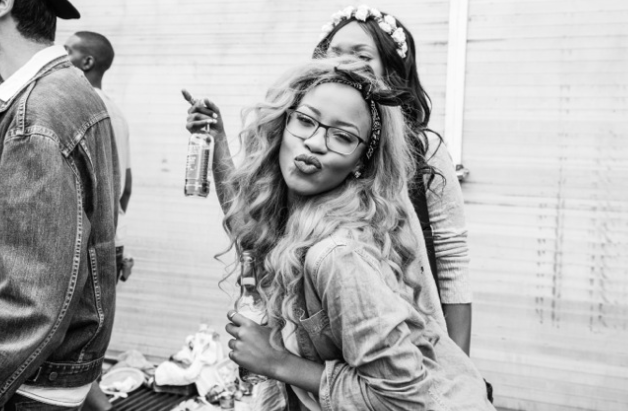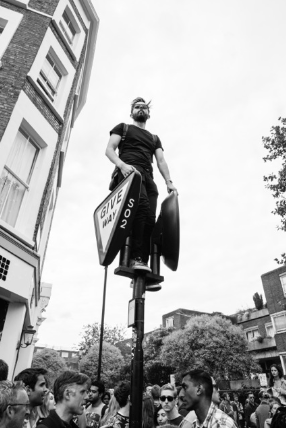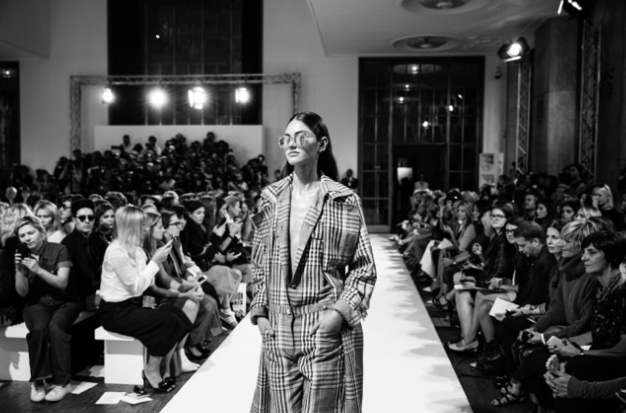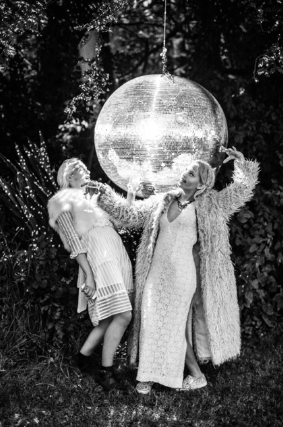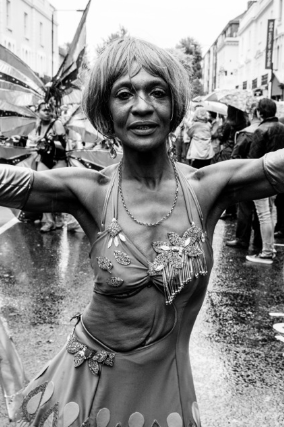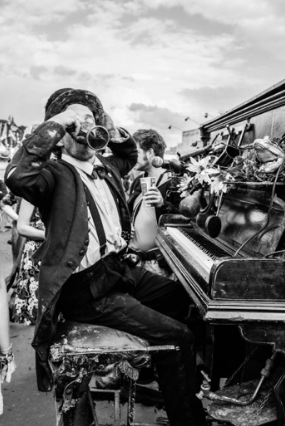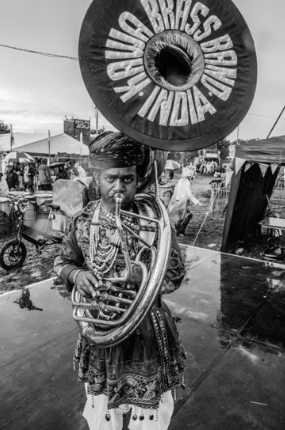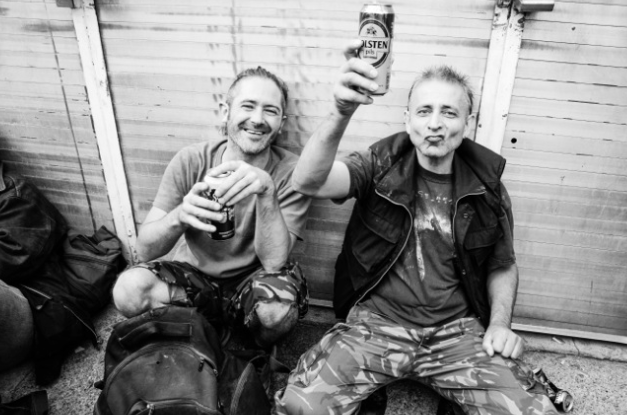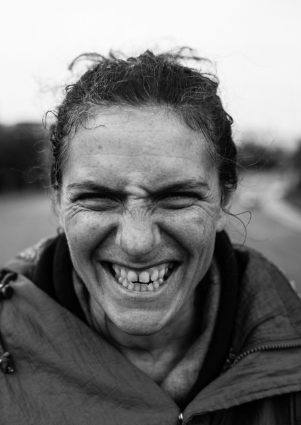HARRIET HALL interviews Photographer AMEILA ALLEN.
How would you describe your work?
I only shoot people. Not because I’m against landscape photography, it just personally doesn’t excite me. My work is all about telling a story inspired by a person. For example, I’m working on a documentary photography project at the moment about the hundreds of people we walk past in the streets of London – it tells stories about complete and utter strangers. For example, someone you may just catch the eye of on the tube for that split second: people with completely diverse backgrounds, cultures and religions. That’s what I want to show through my work.
Obviously, with commissioned fashion work, such as the work I’ve done for Temperley and the Fold, I have to shoot in the way that the client wants. But even with commissioned fashion photography, the photos I shoot also illustrate a story through the expressions and gestures of the models and the ambience of the shoot.
What first drew you to photography—and how did you discover it?
I started shooting from quite young. When I was 14 I got my first digital SLR and I just started taking pictures of my dogs and flowers in my garden.
I had originally wanted to go into theatre, but then I realised with photography, I could have more control in my profession, create my own stories through images. As an actress, you’re preforming other peoples work – their scripts and their ideas. But with photography, I could be in control of my subject and how I could portray someone, and I could do all of this this without words.
With photography, I was able to convey powerful messages silently, whether it be a political point or a point about size zero in the fashion industry. Photography for me is more expressive. When I’m not working, I can always have my camera with me wherever I am and take photos of whatever inspires me. Whereas with acting, you can’t exactly stand up and do a monologue on the tube or anything.
Photography allows me to travel and be my own boss and choose what I want to shoot. So when I was seventeen I moved to London to do an internship with a fashion designer and photographer, and I never really looked back from there.
How does black and white vs colour play into your work? Do you find them to be totally separate things—or complementary?
A lot of people comment on how much black and white I use. In my personal projects I use it frequently. I do love colour, but often in post production and re-touch I do change some of my photos into black and white. Because I want the viewer to look at the overall story and message that a particular portrait is expressing, not to focus on the green dye in someones hair or the flowery shirt someone has chosen to wear that day. I will work in colour when working in fashion, but in my own work I want people to read further into the subject of my photos, which I feel can be better achieved in black and white. I also think black and white photographs transcend time.
What do you think are some clichés in photography you steer away from yourself?
I don’t want to shun other peoples work but I’m not fond of stating the obvious in photography. I personally like to be more subtle. That often involves catching people of guard and perhaps being a bit audacious with my technique. I also think something to avoid in photography is copying other peoples work. For example, I’m a huge fan of Tim Walker’s work. He has some truly incredible photos and he uses a lot of symbolism. I think thats inspiring, but thats his genre of work not mine.
How has social media played a role in your photography?
It’s free marketing and free press. If you only have 2000 followers on Instagram, that’s still 2000 people who are going to see your images. I constantly post my work on Instagram and Facebook and people will contact me and say they’ve seen my work online and want me to come shoot for them. Its helpful. But its also nice to share. That said, there are some problems with photography on social media – people will steal images. Although its flattering, it is frustrating.
Also Instagram means there are thousands and thousands of self-proclaimed photographers. Although these artists are fascinating and inspiring, it is difficult to get your work well exposed in social media sometimes as there are so many artists already out there trying to do exactly the same thing. I also have to be careful with laws of publishing. I work on a lot of closed shoots, where the work won’t come out for several months so I have to be careful not to give anything away about a certain campaign I may be working on.


